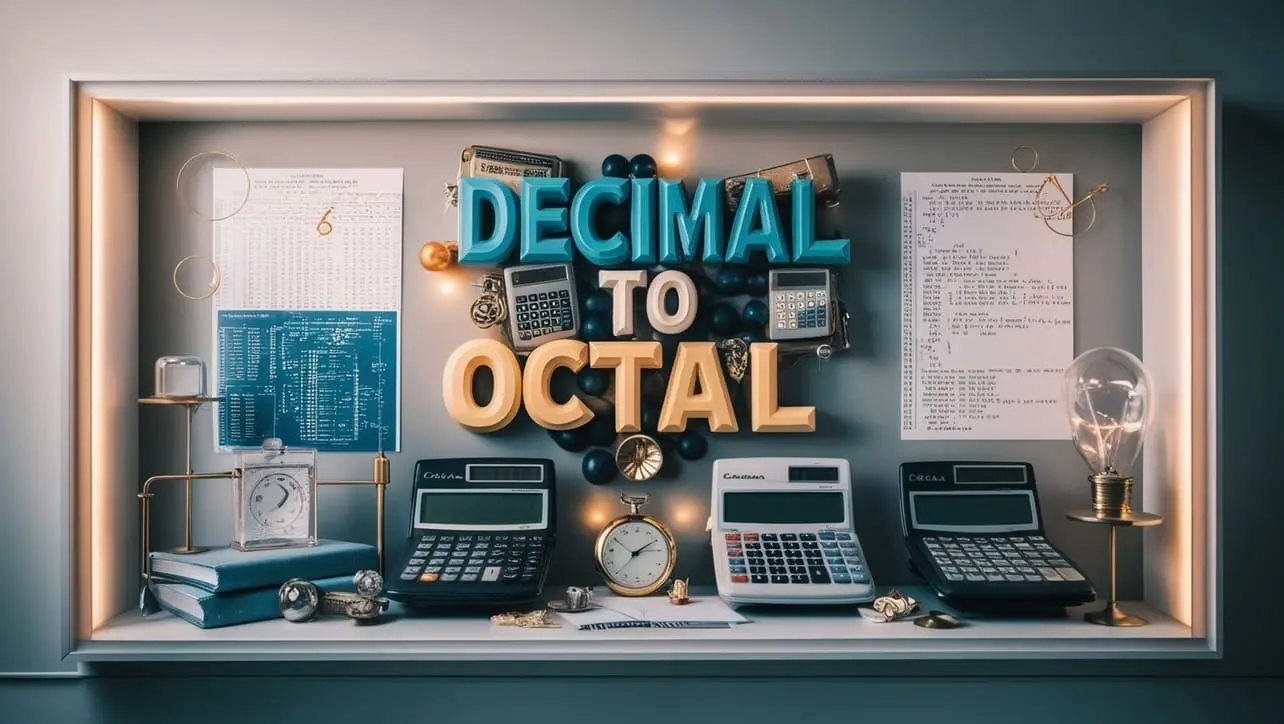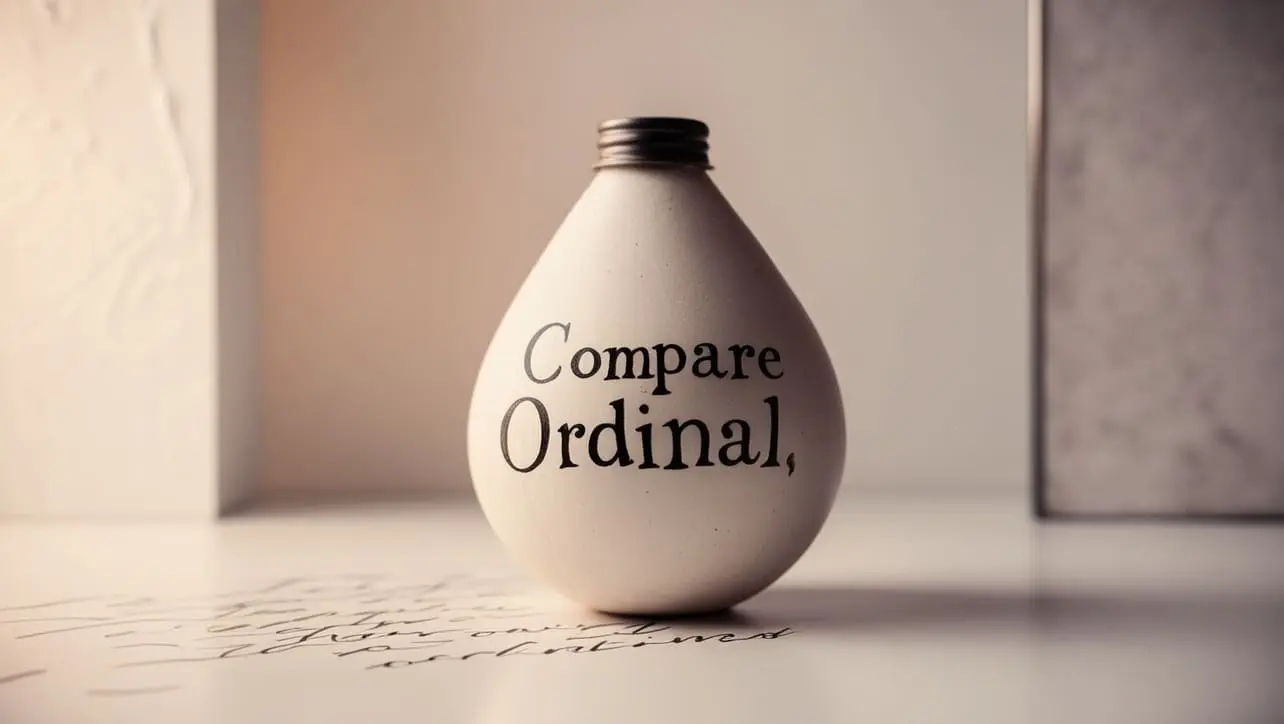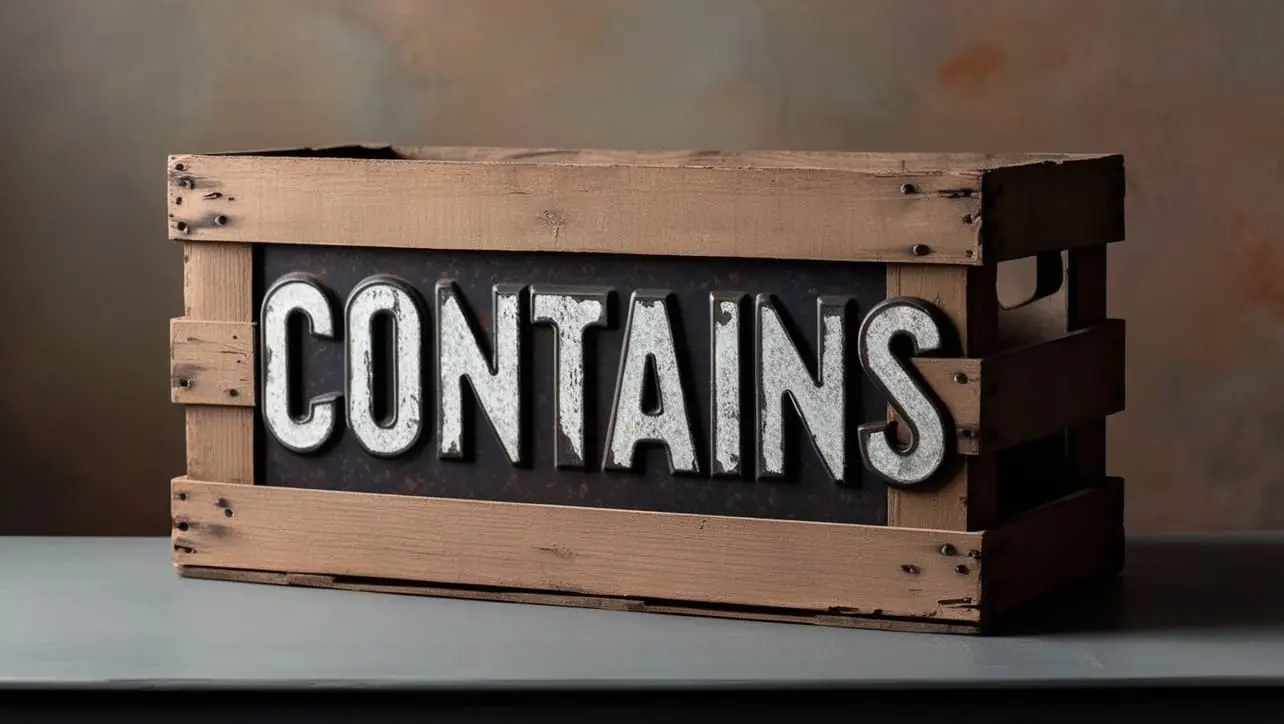
C# Topics
- C# Intro
- C# String Methods
- C# Interview Programs
- Abundant Number
- Amicable Number
- Armstrong Number
- Average of N Numbers
- Automorphic Number
- Biggest of three numbers
- Binary to Decimal
- Common Divisors
- Composite Number
- Condense a Number
- Cube Number
- Decimal to Binary
- Decimal to Octal
- Disarium Number
- Even Number
- Evil Number
- Factorial of a Number
- Fibonacci Series
- GCD
- Happy Number
- Harshad Number
- LCM
- Leap Year
- Magic Number
- Matrix Addition
- Matrix Division
- Matrix Multiplication
- Matrix Subtraction
- Matrix Transpose
- Maximum Value of an Array
- Minimum Value of an Array
- Multiplication Table
- Natural Number
- Number Combination
- Odd Number
- Palindrome Number
- Pascal’s Triangle
- Perfect Number
- Perfect Square
- Power of 2
- Power of 3
- Pronic Number
- Prime Factor
- Prime Number
- Smith Number
- Strong Number
- Sum of Array
- Sum of Digits
- Swap Two Numbers
- Triangular Number
- C# Star Pattern
- C# Number Pattern
- C# Alphabet Pattern
C# Program to Converter a Decimal to Octal

Photo Credit to CodeToFun
🙋 Introduction
In the world of programming, converting numbers from one base to another is a common task.
Decimal to octal conversion is a fundamental operation where we transform a decimal (base-10) number into its octal (base-8) equivalent.
In this tutorial, we'll explore a C# program that performs this conversion efficiently.
📄 Example
Let's delve into the C# code that performs the decimal to octal conversion.
using System;
class Program {
// Function to convert decimal to octal
static void DecimalToOctal(int decimalNumber) {
int[] octalNumber = new int[100];
int i = 0;
// Convert decimal to octal
while (decimalNumber != 0) {
octalNumber[i] = decimalNumber % 8;
decimalNumber = decimalNumber / 8;
++i;
}
// Display the octal number in reverse order
Console.Write("Octal equivalent: ");
for (int j = i - 1; j >= 0; --j) {
Console.Write(octalNumber[j]);
}
Console.WriteLine();
}
// Driver program
static void Main() {
// Replace this value with your desired decimal number
int decimalNumber = 57;
// Call the function to convert decimal to octal
DecimalToOctal(decimalNumber);
}
}💻 Testing the Program
To test the program with different decimal numbers, replace the value of decimalNumber in the main function.
Octal equivalent: 71
Compile and run the program to see the octal equivalent.
🧠 How the Program Works
- The program defines a class Program containing a static method DecimalToOctal that takes a decimal number as input and converts it to octal.
- Inside the method, it uses a while loop to repeatedly divide the decimal number by 8 and store the remainders in an array.
- The function then displays the octal equivalent by printing the elements of the array in reverse order.
🧐 Understanding the Concept of Decimal to Octal
Decimal and octal are different number systems. Decimal uses base-10 (0 to 9), while octal uses base-8 (0 to 7). The process of converting a decimal number to octal involves dividing the decimal number by 8 repeatedly and noting the remainders in reverse order.
For example, let's convert the decimal number 57 to octal:
57 ÷ 8 = 7 remainder 1 7 ÷ 8 = 0 remainder 7
So, the octal equivalent is 71.
🎢 Enhancements to the Program
Consider exploring enhancements to the program, such as handling negative decimal numbers, input validation, or optimizing the conversion process.
Feel free to incorporate and modify this code as needed for your specific use case. Happy coding!
👨💻 Join our Community:
Author

For over eight years, I worked as a full-stack web developer. Now, I have chosen my profession as a full-time blogger at codetofun.com.
Buy me a coffee to make codetofun.com free for everyone.
Buy me a Coffee












If you have any doubts regarding this article (C# Program to Converter a Decimal to Octal), please comment here. I will help you immediately.